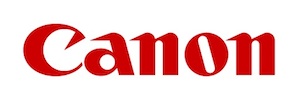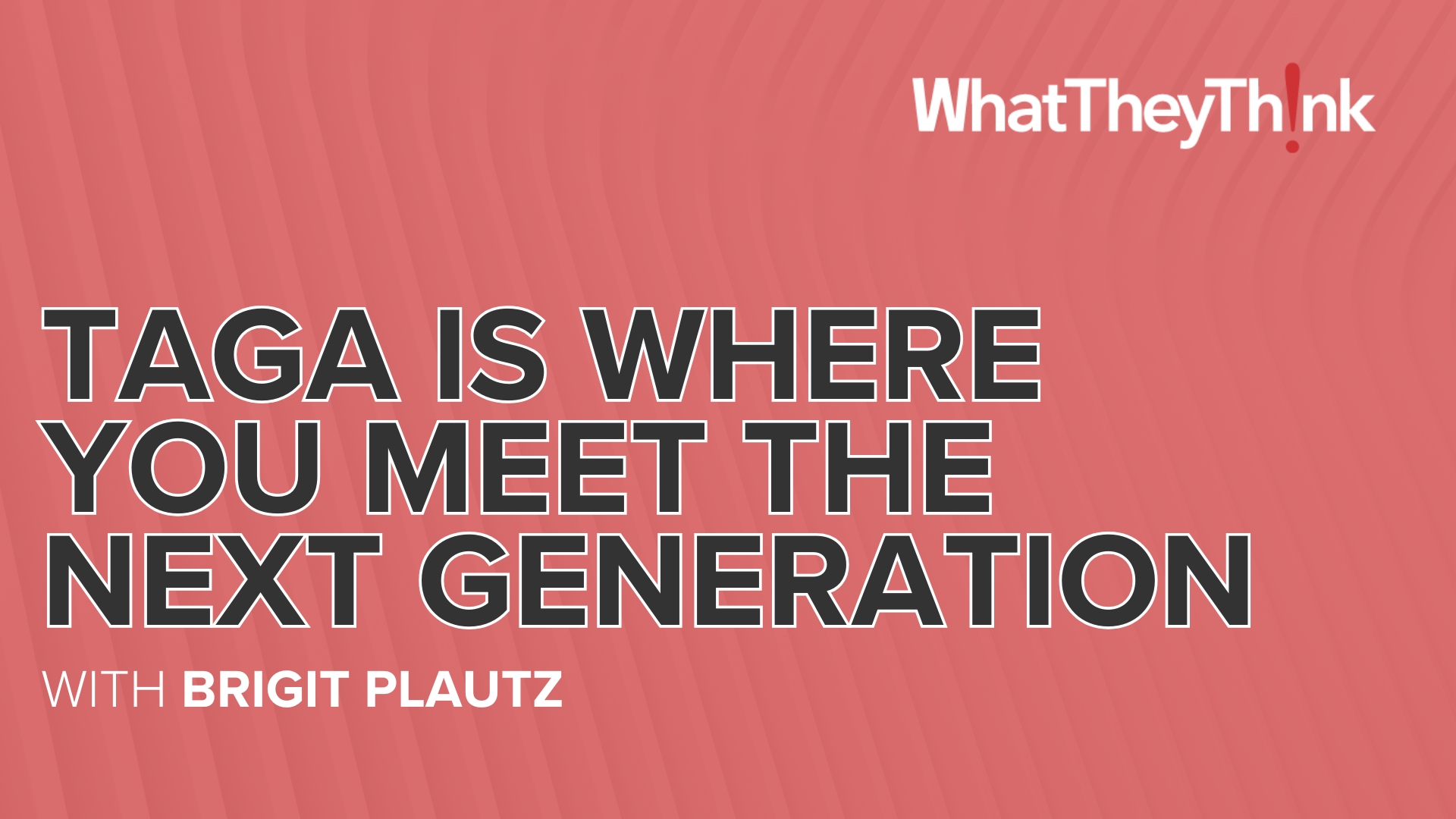Richard Romano: Hi, this is Richard Romano from WhatTheyThink.com. And we are here in Atlanta, Georgia for the Fourth Annual WhatTheyThink Environmental Innovation Awards. And we’re talking to Chip Chipman, who is the Sustainability Coordinator for Premier Press, this year’s winner in the Beyond Sustainability category. So, congratulations.
Chip Chipman: Thank you.
Richard Romano: Thank you for being here. Now, tell us a little about Premier Press.
Chip Chipman: Well, Premier Press is a family-owned company. We’ve been in business since 1974 and we do a little bit of everything nowadays. We do wide format printing, digital printing, offset printing as well as, you know, mailing, fulfillment warehouse and so, a little bit of everything.
Richard Romano: Now, you’re also an SGP Certified Facility. What drove you to pursue the certification and how has the process been?
Chip Chipman: We saw an opportunity to help with some of our customer’s needs, you know, we have certain customers that were starting to demand that. But we also, the more we looked at it, the more we realized that it was a good business sense. It was a good way to get more people in our company onboard with our ways of thinking.
Richard Romano: Now, other SGP printers that I’ve spoken with over the years said that just sort of going through the certification process, implementing those processes, sort of worked to help minimize waste and also contribute to the bottom line. Have you guys found that to be the same place?
Chip Chipman: Absolutely. It made us really look at a lot of the substrates that previously we were putting in the garbage can and how we could recycle it. So, with doing that, we were able to reduce our trash haul by about a third every month, so it has really been very beneficial for all of us.
Richard Romano: Now you’re also 100 percent powered by wind.
Chip Chipman: Yes.
Richard Romano: What pursued – what motivated you guys to pursue that strategy?
Chip Chipman: We actually looked into that probably six or seven years ago and started buying some wind powered credits. And we started looking a little deeper into it and found that we could do our whole facility and it wasn’t really all that much money and it made environmental sense.
Richard Romano: Right. So you’ve wrote in your application that you actively researched new products and work with your vendors to identify products that have a lower impact on the environment. So what are some of those new products that you’ve been looking at?
Chip Chipman: There are several products in our wide format that we’re looking at. Falcon Board, you know, any of the green insight boards that are a little more environmental friendly that we can recycle – recycle of vinyls and stuff that previously we weren’t getting. So…
Richard Romano: Now, you also have a sustainability committee. Who’s on the committee and how often do you guys meet and what do you tend to discuss?
Chip Chipman: We meet at least once a quarter, sometimes every month; it just kind of depends on what’s going on. We have the President of the company is on the board with us. We try to get people from all departments involved. So right now, I think we have eight people on the committee and it represents kind of a whole broad spectrum of the company. We talk about everything and we’re always looking at new ways and new things that we can do to make the company more sustainable.
Richard Romano: What are some of the things you’ve been looking at that are on the horizon? You were looking forward to implementing?
Chip Chipman: Well, one thing we’ve been really working on is soft proofing, a way to eliminate having to take proofs out to customers all the time. Portland is kind of a spread out city, so we spend a lot of money transporting proofs out to customers and we are trying to find a way to do it better. We’re still working on that process though.
Richard Romano: And so what advice would you have for other printers, large or small, who are thinking about implementing sustainability initiatives?
Chip Chipman: I think the best thing I could say is it will save you money. It absolutely will save you money. It makes you look at every little aspect of your way of doing business and you will find things that you are throwing away that you can get cash for. And also helps you look at maintenance on equipment and stuff that you can, you know, keep better logs and you know, keep ahead of the maintenance instead of being reactive to it. So…
Richard Romano: Great. Well, thank you very much, and congratulations again.
Chip Chipman: Okay, thank you.

 Official camera partner of WhatTheyThink and the drupa daily.
Official camera partner of WhatTheyThink and the drupa daily. 












